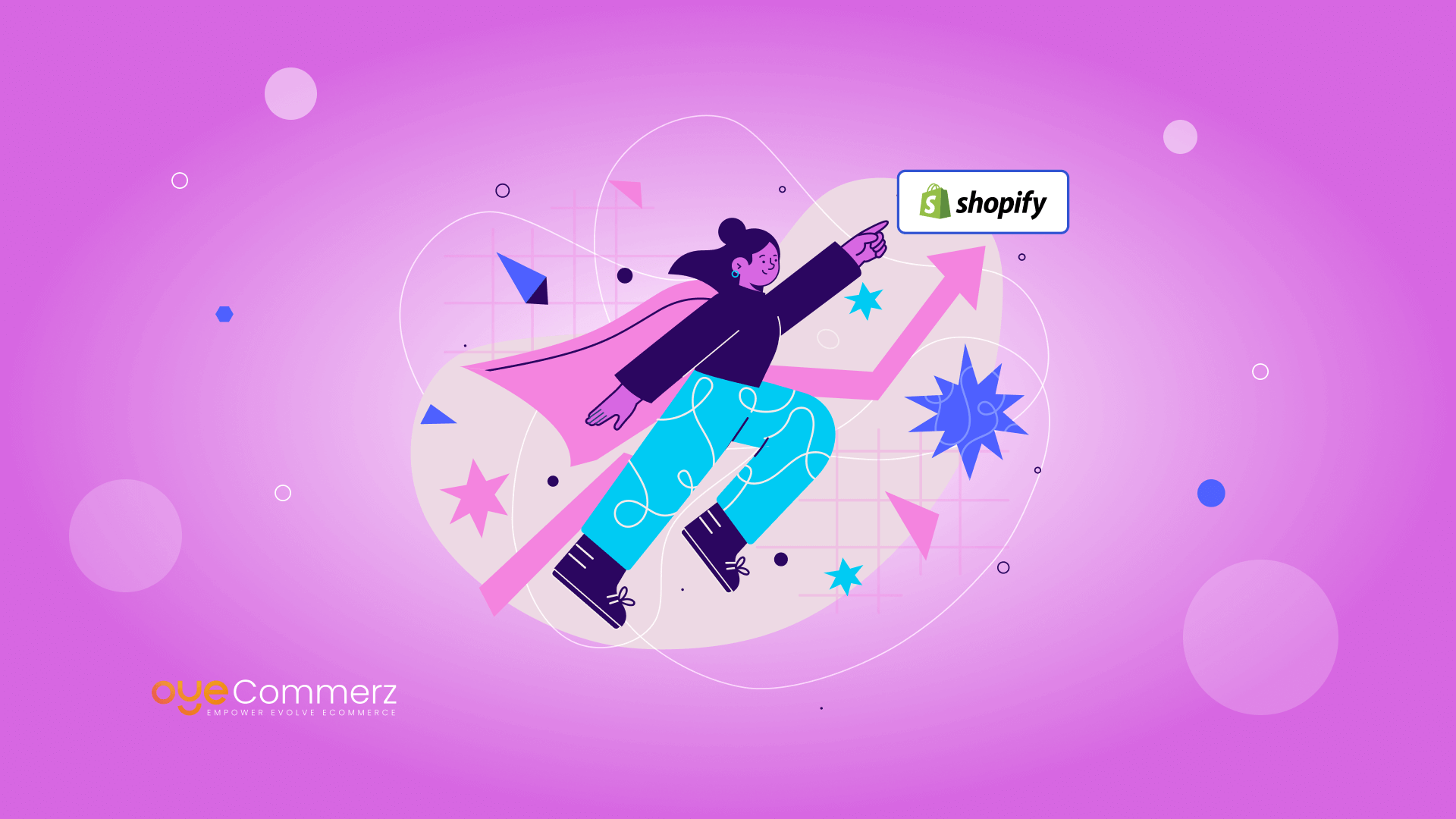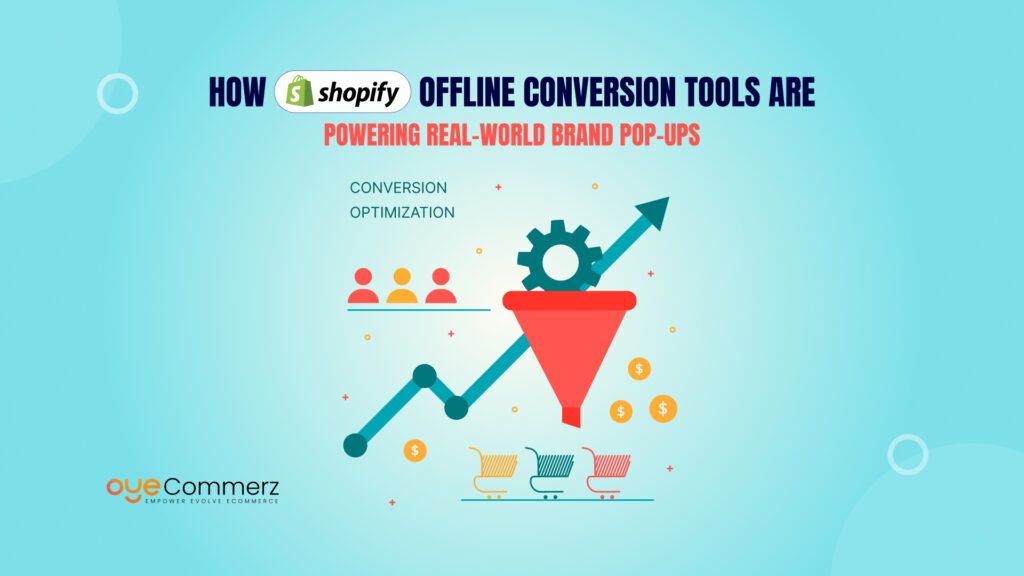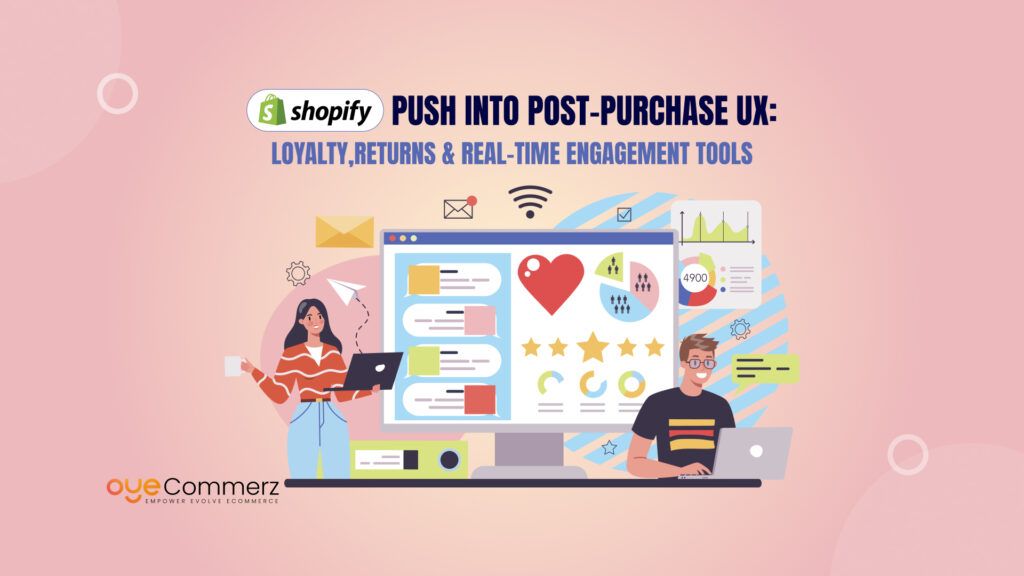With the advancement of technology in the current society, businesses must stay ahead by adopting emerging e-commerce technologies that reshape how online stores operate. Organizations that do not follow trends are likely to fade out and lose their consumers in the process. The highly reliable and durable Shopify has equipped itself to ensure that merchants do well, is still in vogue, and its right vein, meets all the aspects of trends in e-commerce.
However, relying solely on Shopify’s basic functionalities is not efficient anymore in today’s market competition. To survive and also thrive there is power in identifying the right integration to embrace. Adapting to new trends in Shopify integration that are on the rise helps businesses to be competent with the changing market trends and needs, and also its innovations.
This article focuses on newer forms of integrating Shopify and why these changes are crucial to the evolving world of online stores. By the end, you’ll be able to determine the essence of your business to be effectively positioned for steady growth in the coming decades.
Table of Contents
ToggleThe Importance of Future-Proofing in E-Commerce
This is not a still-image business model anymore where products are sold through the website without any interaction. Competition is intensifying, customers’ demands are evolving, and technologies are advancing rapidly- in such a context, adaptability is essential for success. Today’s online stores require effective multichannel customer experiences, innovative technologies, and fast and personal services. This makes it very easy to lose revenues, fail to retain customers, and most of all have unreasonable difficulty in expansion.
The fundamental of this challenge is integration. To work with Shopify, numerous applications and plugins allow store owners to open up the unmeasurable potential for their store’s functionality. However, things change and therefore the way by which integration needs to change is dependent on this aspect of the landscape. Future-proofing thus makes sure your store can deal with new inventions, shifts in customer needs, and requirements in business. Whether this is by investing in AI personalized scent marketing to omni channel selling solutions being ready with progressive Shopify store integration prepares future readiness for your business.
Why Shopify Integrations Matter for Long-Term Success
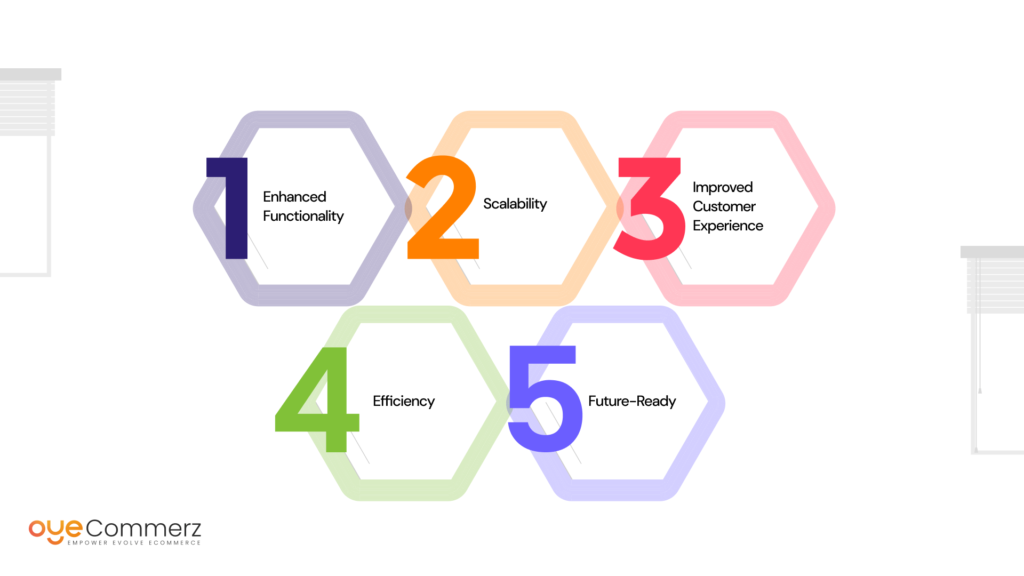
- Enhanced functionality: Shopify integrations offer more than just basic functionality they provide the ability to tailor Shopify integration to meet your unique business needs, allowing for seamless automation, marketing, and customer engagement that fits your brand’s specific goals.
- Scalability: As your business grows, the right integrations allow you to handle increased demand without compromising performance or user experience.
- Improved customer experience: Tools like personalized product recommendations and AI-powered chatbots enhance customer interactions, fostering loyalty and boosting conversions.
- Efficiency: Automating repetitive tasks such as order management and inventory tracking reduces manual workload, improving operational efficiency.
- Future-ready: Choosing integrations with scalable, adaptable features ensures your store can evolve alongside new technology and market trends.
While Shopify integrations offer enhanced functionality and scalability, businesses often encounter common challenges in Shopify integration that can hinder smooth operations. Overcoming these obstacles is crucial to fully leveraging the platform’s potential.
Future Trends in Shopify Integration
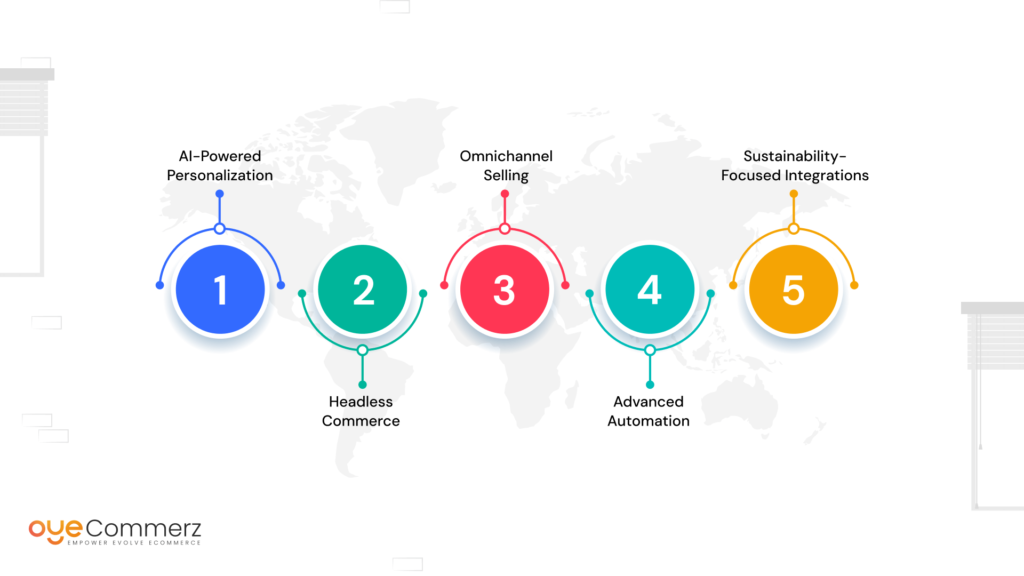
AI-Powered Personalization
- AI is nothing new and is becoming the future very quickly being applied to the e-commerce industry. Today’s Shopify store owners are incorporating artificial intelligence to suggest relevant products, set up smart price adjustments, and use customer relationship chatbots. The application of effective and efficient personalization through the use of artificial intelligence can help in enhancing customer satisfaction and thus boost customer loyalty.
- For instance, some of the tools, including Klaviyo, and Nosto, have machine-learning capabilities that assist the Shopify store owner in marketing personalized recommendations based on users’ actions. It is also anticipated that this trend will follow the current trend because consumers are increasingly insisting on getting niches and relevant shopping experiences.
- With consumer expectations for personalized shopping experiences on the rise, as highlighted by McKinsey’s findings that 71% of consumers expect personalized interactions, incorporating AI-driven solutions into your Shopify store is no longer a choice but a necessity for future-proofing your business.
Headless Commerce
- Headless commerce is slowly emerging as one of the most innovative approaches to Shopify connectivity. Headless commerce separates the presentation layer, or the user interface, from the functionality — that is, the back end — which allows for nearly infinite possibilities in terms of how you might present your store to customers.
- It makes sense for these two to be different to be more flexible and tailored to the user’s needs, especially if used in conjunction with other technologies such as PWAs. It can help businesses design lightening quick, mobile-first shopping experiences that are not limited by the native front-end capabilities of Shopify. This will mean headless commerce will become a popular trend for brands seeking to enhance the user interface.
Omnichannel Selling
- The consumer has ceased to shop in one unified manner such as using physical or online stores. Recently, e-commerce has witnessed the selling of products through social media platforms, marketplaces, and mobile apps, this has led to the focus on omnichannel selling. Shopify connectors that allow the seller to effortlessly sell on different sites such as Facebook, Instagram as well as Amazon are crucial in reaching out and selling to shoppers at their point of relevance.
- This is already being enabled by features like Shopify’s connection to Meta’s product catalog or Amazon’s direct fulfillment offerings and products. These integrations enable an organization to have different options within one interface, and this creates a seamless shopping experience at the different interfaces.
Advanced Automation
- Another trend is automation which is also defining the future of Shopify integration. While many stores are currently using the fundamental form of automation in areas such as order fulfillment and inventory planning, the need for future-proofing is the application of a higher order of automation in customer relations management, market promotion, and target-specific communication.
- While integration has its key functionalities at a basic level through Shopify, advanced-level automation of complex routine tasks is possible with apps such as Zapier and Shopify Flow. Going forward the tools for automation are only likely to become even more sophisticated so that we can manage cross-functional processes across your e-commerce operations.
- By automating critical processes like inventory management and customer relationship management (CRM), your store can run smoothly without human error. Shopify integration services can improve customer experience by ensuring that your store functions efficiently, providing quick responses and seamless transactions.
Sustainability-Focused Integrations
- Demand for sustainable products and services to reduce the negative impact of human activities on the environment has become a trend nowadays and therefore is not an exception to e-commerce. The owners of the Shopify store reported that they are searching for integration solutions that would reduce their enterprises’ environmental impacts. It is therefore quite hard to imagine e-commerce without the sustainability-focused integrations of tools that balance CO2 emissions during the shipping process or applications that enable customers to choose packaging that is friendly to the planet.
Preparing for Future Shopify Updates: Things You Should Consider
- Ensuring that you keep following the future updates that Shopify has to offer is also important for your store’s future. Shopify finds itself in a continuous involvement in opening new tools, updates, and new betterments aiming at enhancing store performance and customer interactions. However, these updates also pose problems with the prior integration of other devices in a vehicle.
- Preserving continuity it is necessary to select integration tools that are frequently updated by developers and have good customer service. Also, subscribe to the latest updates on Shopify through official announcements made by the company as well as the developer’s network. It helps to avoid the situation when changes in the Shopify platform break the integrations or they stop working as expected.
- To be ready for future updates, one should select integration platforms with stable APIs to expand a proper solution based on the company’s requirements for further growth. This creates opportunities for further extension of the store functionality as soon as new tools appear in the Shopify platform, without the necessity to rebuild a store from scratch.
Future-Proof Your Shopify Store Today with OyeCommerz!
At OyeCommerz, we specialize in helping Shopify stores integrate the latest technology and trends to stay ahead in a rapidly evolving market. Whether you’re looking to implement AI-powered personalization, embrace headless commerce, or optimize omnichannel selling, our team provides expert solutions tailored to your business. Future-proof your store with integrations that scale as you grow.
Contact OyeCommerz today and secure your store’s long-term success with cutting-edge Shopify integration services. Let’s build a future-ready e-commerce experience together.
Maximize efficiency with professional Shopify integration services
Conclusion
Opting for Shopify integration services is not just a one-time practice but a continuous process of updating yourself with the new trends and technologies and making your business ready to cope with changes. E-commerce is still developing and the best integrations on Shopify will not only help a business to stay afloat in this sector but also bring it to a new level.
Top trends like Artificial intelligence-enhanced personalization, headless commerce, as well as omnichannel selling will be included in your store and equip it to meet customer expectations as well as match up with new technologies. Furthermore, being up to date with some of the changes Shopify has been making and selecting growth-oriented, dependable apps will help you protect your business from interruptions.

